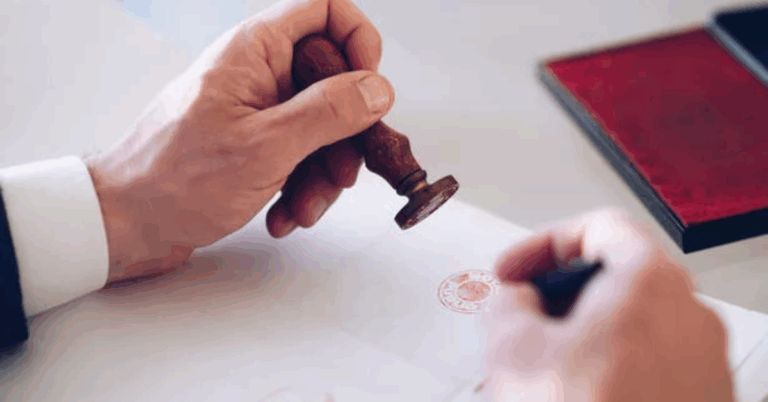Exploring the Role of Jewelry in Postcolonial Identity Negotiation
betbook250, 11xplay.pro/login, yolo247 login:Exploring the Role of Jewelry in Postcolonial Identity Negotiation
As cultures around the world continue to reclaim and celebrate their heritage in the wake of colonialism, the role of jewelry in identity negotiation has become increasingly significant. Jewelry has long been an essential part of cultural expression, symbolizing status, belonging, and tradition. In postcolonial contexts, jewelry serves as a powerful tool for reclaiming agency, asserting cultural pride, and challenging colonial narratives.
Throughout history, colonial powers have often sought to erase the cultural identities of colonized peoples through various means, including the suppression of traditional dress and adornment. In many cases, colonizers viewed the traditional jewelry of indigenous cultures as primitive or uncivilized, leading to its denigration and devaluation. However, in the postcolonial era, many communities have begun to reevaluate and reclaim their cultural practices, including traditional jewelry-making techniques.
One of the key ways in which jewelry empowers individuals in postcolonial contexts is through the assertion of agency and self-expression. By wearing traditional jewelry, individuals proudly display their cultural heritage and assert their right to self-determination. In reclaiming traditional jewelry practices, communities are able to challenge the imposed narratives of colonialism and assert their own narratives of resilience, strength, and cultural richness.
Furthermore, jewelry serves as a powerful tool for connecting individuals to their cultural heritage and community. Traditional jewelry often carries deep symbolic meanings, representing important values, beliefs, and histories. By wearing these pieces, individuals not only connect to their own cultural identities but also forge bonds with others who share similar traditions. Jewelry thus becomes a tangible link to the past, present, and future of a culture, serving as a bridge between generations and communities.
In addition to its cultural significance, jewelry also plays a crucial role in economic empowerment in postcolonial contexts. Many communities rely on jewelry-making as a source of income, passing down traditional techniques from generation to generation. By supporting local artisans and purchasing traditional jewelry, individuals contribute to the economic resilience of these communities and help preserve their cultural heritage.
Overall, jewelry in postcolonial identity negotiation serves as a powerful symbol of resistance, resilience, and cultural pride. As communities continue to reclaim and celebrate their heritage in the face of colonial legacies, jewelry plays a crucial role in asserting agency, connecting individuals to their cultural identities, and building economic empowerment. By wearing and supporting traditional jewelry, individuals contribute to the ongoing process of decolonization and shape a more inclusive, diverse, and equitable world.
—
**Headings:**
1. The Significance of Jewelry in Postcolonial Contexts
2. The Role of Jewelry in Identity Negotiation
3. Reclaiming Cultural Heritage Through Jewelry
4. Jewelry as a Tool for Economic Empowerment
5. Connecting Communities Through Traditional Jewelry
6. The Power of Symbolism in Postcolonial Jewelry
**FAQs:**
1. Why is jewelry important in postcolonial identity negotiation?
Jewelry serves as a powerful tool for reclaiming agency, asserting cultural pride, and challenging colonial narratives in postcolonial contexts.
2. How does jewelry connect individuals to their cultural heritage?
Traditional jewelry often carries deep symbolic meanings, representing important values, beliefs, and histories, allowing individuals to connect to their cultural identities and community.
3. How can individuals support local artisans and communities through jewelry?
By purchasing traditional jewelry and supporting local artisans, individuals contribute to the economic resilience of communities and help preserve their cultural heritage.







